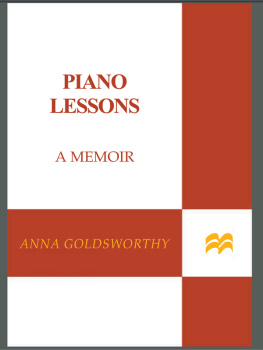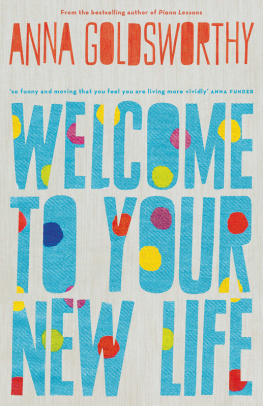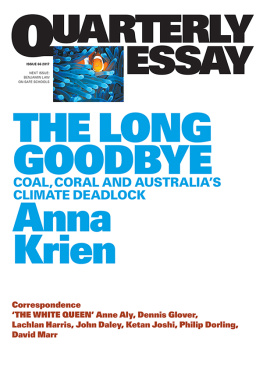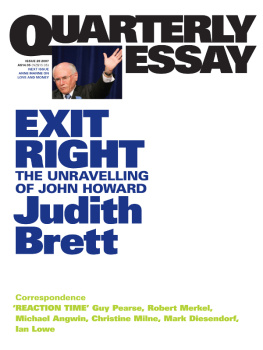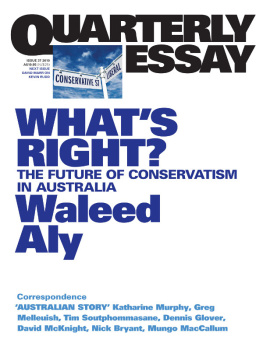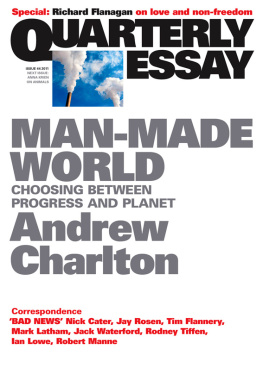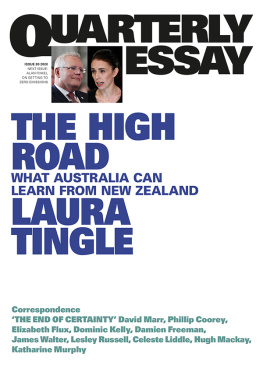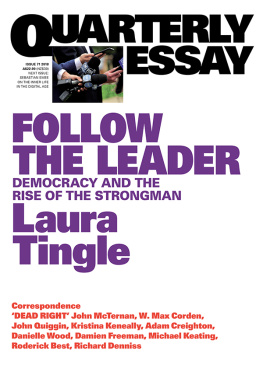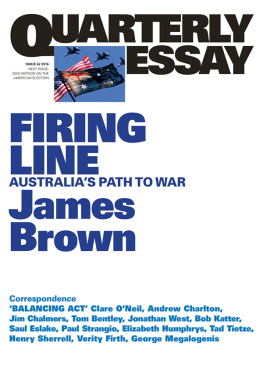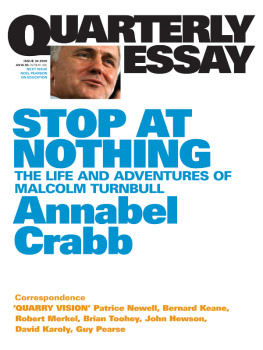UNFINISHED BUSINESS
In October 2012, late in a year of political bickering, two speeches were delivered in Canberra. The first occurred in Parliament House during Question Time, to a small audience of MPs, the press gallery, a handful of political junkies and tourists. A prime minister with her back to the wall came out swinging: I will not be lectured about sexism and misogyny by this man.
This man was the leader of the Opposition, Tony Abbott, who had objected to a text message sent by the Speaker, Peter Slipper, to a male staffer: Look at a bottle of mussel meat! Salty Cunts in brine! It was a private text a clumsy attempt, perhaps, at flirtation but now on the public record as part of a sexual harassment allegation. Abbott was sufficiently outraged by the vile, anatomically specific language to move to have Slipper sacked.
How does a prime minister defend such a distinctive condiment? Labor had compiled material portraying Abbott as sexist, but Gillard had been loath to use it. Now her reservations fell away: I will not be lectured by this man Not now, not ever. She listed Abbotts remarks and actions, and badged them with a word introduced by the Opposition: misogyny. She did not step back from generalisation Misogyny, sexism, every day from this leader of the Opposition that is all we have heard from him nor from the cheap shot the leader of the Opposition now looking at his watch because apparently a womans spoken too long. The calculation was apparent, the practised use of rhetoric: I was offended when And the press gallerys verdict was unanimous.
Politics as usual. Fail.
At the same time, another speech was heard by a great many more people. Broadcast on YouTube, it transcended its context the salted genitalia, the market tests, its own cunning and became a more intimate piece of theatre. Devoid of backstory, the speechs calculation is less obvious; up close, you register the womans genuine rage, the tremor in her voice. Around her, the barracking and heckling provide a Greek chorus of amplification. There are gasps of shock from Gillards male Labor colleagues (those great defenders of female honour); loud tut-tuts from the Opposition. Abbott sits in silence, but as his half-smile gives way to grim forbearance, it is clear that he registers the speechs significance better than the press gallery.
This is the speech that was relayed around the world, and viewed more than two million times on YouTube. Mothers reported sitting down and sharing it with their daughters. Many of those cheering for Gillard had no knowledge of Abbott or his putative sexism. In this version of the speech, the territory being contested was not Labor versus the Coalition, nor Gillard versus Abbott, but Woman versus Misogyny. It was not quite I had a dream, but nor was it essentially about herself, as the political correspondent Paul Kelly described it in the Australian .
Why such a disparity in reception? The press gallery placed the speech in a political context. On YouTube, against a wider cultural context, it reverberated differently. The former Coalition foreign minister Alexander Downer interpreted this context for the Adelaide Advertiser : Dont todays MPs know what people say at barbecues, in the pub or when theyre just out with their mates? Dont they know lots of people say bad things and it happens all the time? On Lateline , Kevin Rudd claimed a similar folksy know-how: I believe that the Australian public are more deeply concerned about the bread-and-butter, back-to-basics issues that confront families, [one of] which is, will I have a job?
But it seemed that part of the Australian public was deeply concerned about this, hence the enormous response on social media. Gillard enjoyed a resurgence in the polls. Australians had not been listening, and now we were. Why has this been the most celebrated, most energised moment of Gillards prime ministership?
I have spent a bit of time thinking about that, because I was taken aback by the reaction, Gillard later told me. Her conclusion: I think it gave the words to a lot of womens experiences.
On the surface, it looks like the best time ever to be a woman in this country. Girls perform more successfully at high school and dominate tertiary study. At the time of writing, we have a female prime minister, a female governor-general, a female deputy leader of the Opposition, a female Speaker in parliament. The richest person in Australia is a woman. And yet mothers still felt the need to share this speech with their daughters. I was offended when Are these words their daughters will need?
There is a charmed zone for a girl, shortly before she is ambushed by puberty. At eleven or twelve, she is usually taller than her male peers, more articulate and more confident than she will be for years. She probably spends a lot of time in front of a screen, words and images flickering in her eyes. Facebook, SlutWalks, Lady Gaga, Girls, Mad Men, gonzo porn, Twilight , Fifty Shades of Grey. What messages are being broadcast to her, and what messages is she hearing? Are they going to make her bigger, or smaller?
Somewhere in that conglomeration of words and images, a woman wags a finger at a man. I was offended when The misogyny speech was, among other things, cultural critique, and it gave rise to further cultural critique. In consequence, it affirmed a great many things: the relevance of feminist debate; the importance of social media; but also in this image-centric culture the ongoing significance of words. And if a mother sits beside her daughter at that screen, trying to equip her with tools for life, a good place to begin might be with a lexicon.
WORDS
Misogyny
Because if he wants to know what misogyny looks like in modern Australia, [Tony Abbott] doesnt need a motion in the House of Representatives, he needs a mirror. Thats what he needs Misogyny, sexism, every day from this Leader of the Opposition.
Julia Gillard
How frequently we used the word in the days following the speech, as if we had never heard it before. It is a sexier word, somehow, than sexism: it feels good in the mouth, a little squelchy in the middle; it confers a small distinction upon the speaker. Many of those reluctant to identify as feminist gladly denounced misogyny. It was the new sexism. Prompted by evolving usage, the editors of the Macquarie Dictionary expanded the definition of misogyny from hatred of women to incorporate entrenched prejudice against women.
It sounds good on paper, like even more reason to get angry. The only problem is that it creates a vacuum in the language. If misogyny is simply dressed-up sexism, what word do we reach for when we encounter the genuine misogynist: the man (or woman) who loathes us for having a vagina?
The publisher Louise Adler, in the Age, neatly delineated the two words:
Let us be clear: sexism is the daily routine of belittling we have all endured inequality around the boardroom table, the pat on the behind, the grope at the Christmas party, being talked over or through, that assumption you will make the tea. Misogyny is a deep fear and loathing, it is visceral and often expressed in gynaecological terms. The distinctions are important because otherwise an important debate is muddied.
Misogynys verbal expression usually takes three forms, whether delivered by internet troll, radio shock-jock, political strategist or playground bully. There is the unforgiving assessment of a womans appearance, frequently involving the word fat; there are threats or acts of violence, sexual or otherwise; there is the reminder of the fundamental shame of her sex, of her cunt. All are designed to silence her. The misogynist presents a remarkably consistent platform: Shut up you fat cunt. Frequently it is appended with or I will hurt you.



